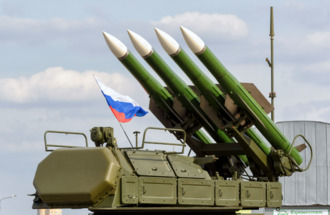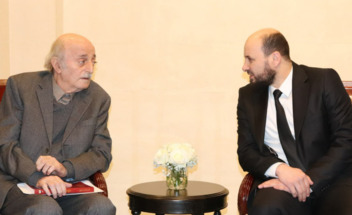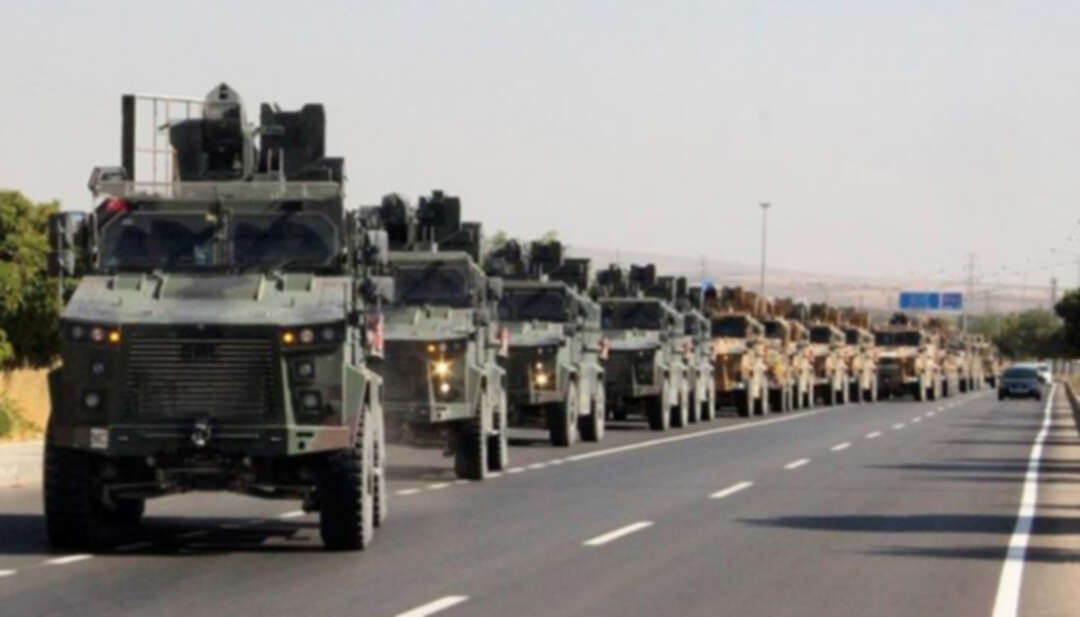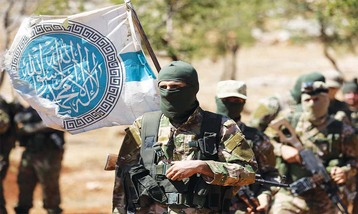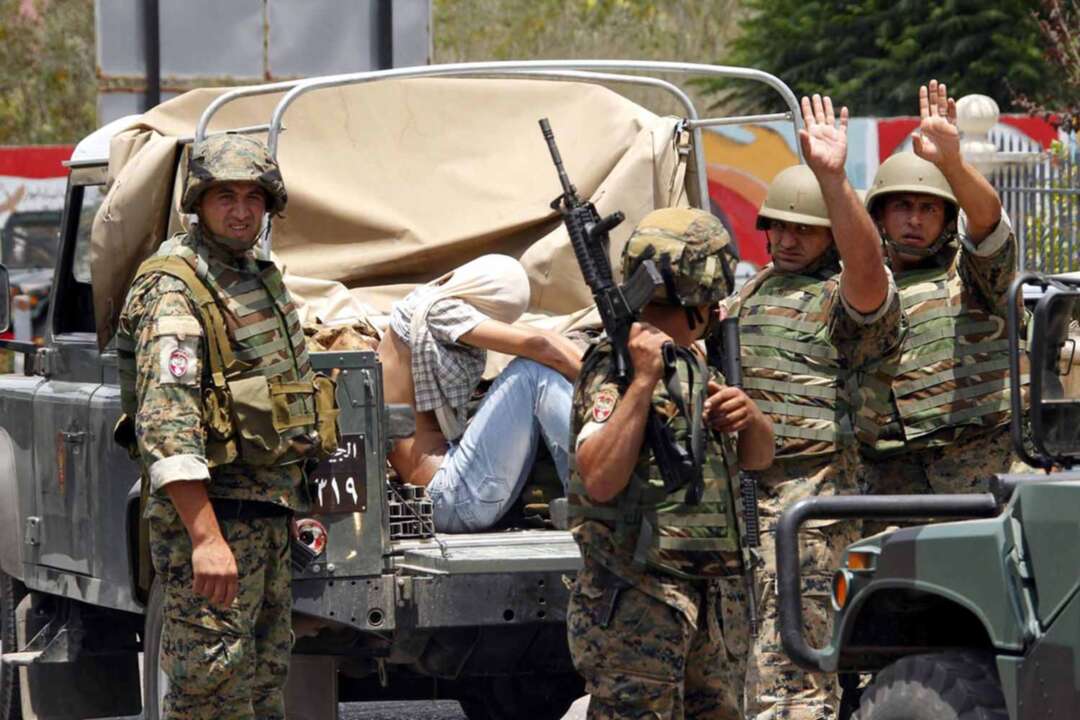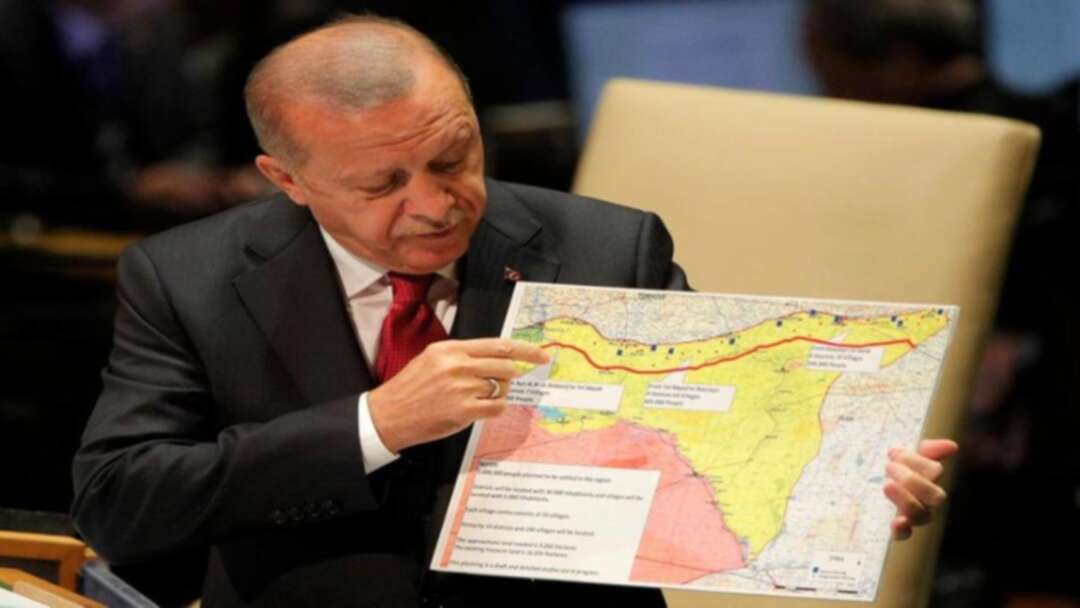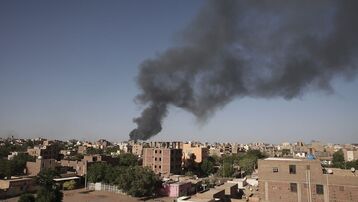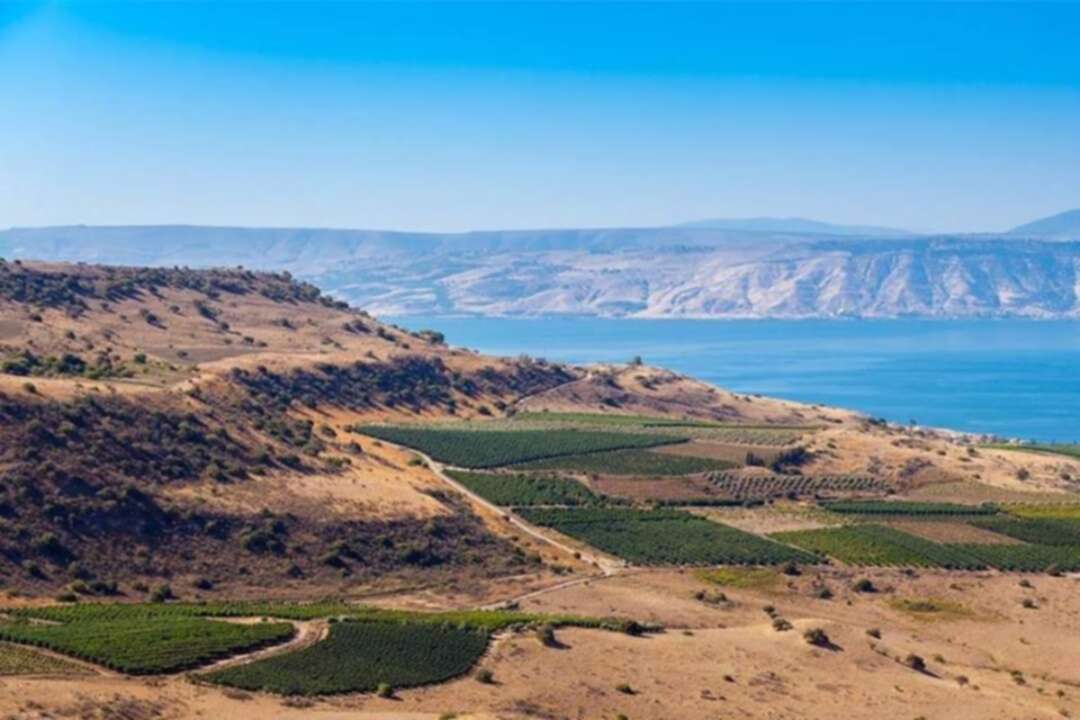-
IAEA: Iran Installing More Advanced Centrifuges for Uranium Enrichment
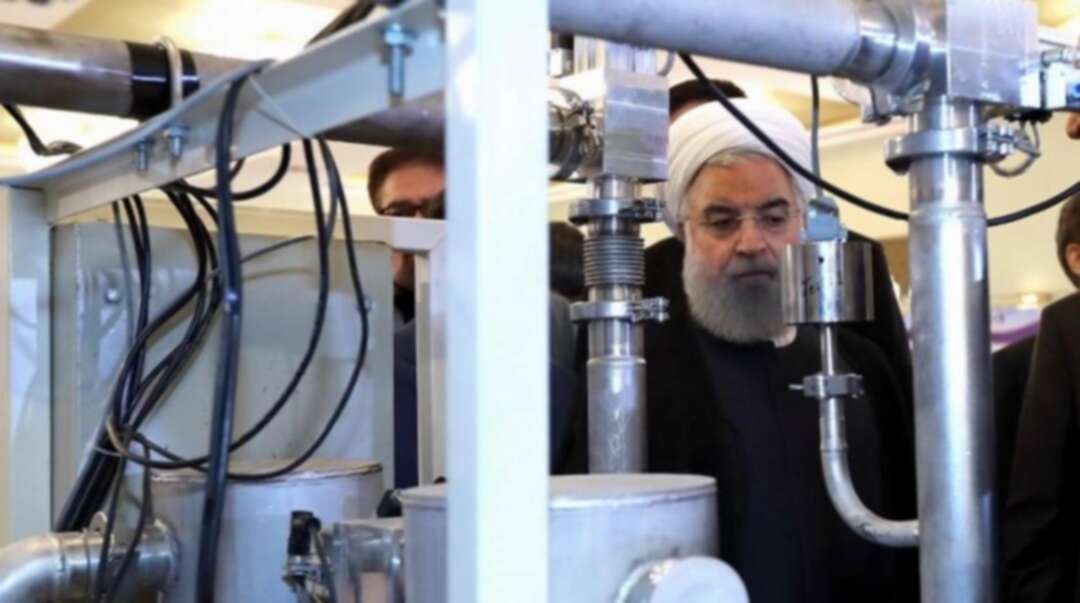
Iran is moving towards enriching uranium by installing more advanced centrifuges in breach of the 2015 nuclear deal with world powers, the International Atomic Energy Agency said on Monday.
The deal only lets Iran produce enriched uranium with just over 5,000 of its first-generation IR-1 centrifuge machines. It can use far fewer advanced centrifuges for research but without accumulating enriched uranium.
But in response to US sanctions imposed since Washington withdrew from the deal in May last year, Iran has been breaching the limits it imposed on its atomic activities step by step.
Last week Tehran said it would breach the deal’s limits on research and development, the term applied to Iran’s use of advanced centrifuges.
An IAEA spokesman said Iran had informed it that it was making modifications to accommodate cascades - or interconnected clusters - of 164 of the IR-2m and IR-4 centrifuge. Cascades of the same size and type were scrapped under the deal.
Inspectors from the UN nuclear watchdog have verified that smaller numbers of various advanced centrifuges had been or were being installed, the spokesman added.
“All of the installed centrifuges had been prepared for testing with UF6,” though none of them were being tested with UF6 on Sept. 7 and 8, he said, referring to the uranium hexafluoride feedstock for centrifuges.
He added that Iran had told the agency it would modify lines of research centrifuges so that enriched uranium was produced, which is not allowed under the deal.
In a confidential report to member states, the IAEA also said Iran had made those modifications on some lines.
Iran defended Sunday its decision to use advanced centrifuges as IAEA acting chief Cornel Feruta urged Tehran to offer "time and active cooperation" with his inspectors.
Feruta met with Iranian Foreign Minister Mohammad Javad Zarif and Ali Akbar Salehi, the head of Iran's nuclear program, while in Tehran.
He is serving as the IAEA's acting director after the death of late director-general Yukiya Amano in July.
While Iran continues to pull away from the deal, Tehran has made clear it wants IAEA inspectors to continue their work. But officials blamed European leaders for being unable so far to offer a way for Iran to sell its crude oil around US sanctions.
A proposal by France to offer a $15 billion line of credit failed to materialize. China, Britain, France, Germany and Russia all were parties to the accord.
Tags
You May Also Like
Popular Posts
Caricature
Syrians' concerns now
- December 10, 2024
Syrians' concerns now #Syria
#Bashar_al-Assad
#Liberation_of_Syria
#Syrians
#Future_of_Syria
#Levant_News

opinion
Report
ads
Newsletter
Subscribe to our mailing list to get the new updates!

